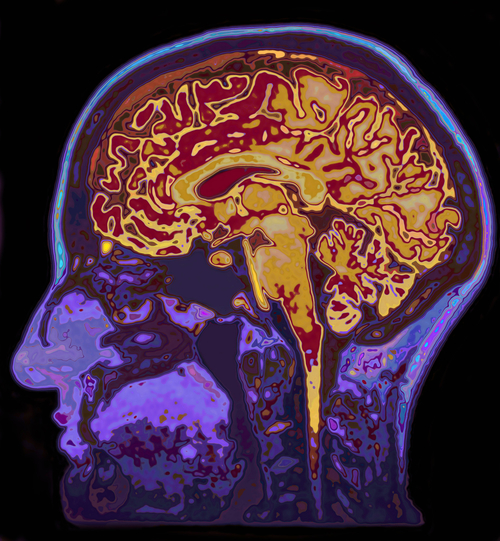This doom scenario might seem fictional, but within a couple of years it could be reality.
With these brain scans, the fMRI, the human behavior and their social and emotional intellectcan be investigated. Based on the scans, one can predict what kind of job would be most suited for someone. Also, in this way it can be prevented that applicants with psychopathic tendencies are hired and immediately can be measured if the applicant is rather a great salesman or a superior, as Professor neuro-economy Willem Verbeke during a Pauw and Witteman’s broadcast.
From one point it sounds so acceptable, it would be the solution for finding what kinda person you would be hiring. On the other hand, it’s the question if we should want such a technology out on the job market. It is not even clear if the technology is even able to show objective results.
That would not even be as bad, if it would not lead to discrimination. Unfortunately, it does. What if you are diagnosed as a potential psychopath? In principle it is not so bad to be like that, as long as you simply don’t express the aggression. This aggression needs a trigger to be expressed in the first place. So what do we do? We start excluding all potential psychopaths. If that won’t trigger them into becoming violent, I don’t see how else.
We could better judge people on their acts, then on their potential risks. Otherwise the police could just as well write a speeding ticket for every car driver. After all, they all might drive a bit too fast at some point
Finally, the test doesn’t even provide reliable data. A result that shows strong activation doesn’t necessarily indicate that you’d be talented at that specific field. It could be compensation, too. If people do more effort for completing a certain task, the specific areas of the brain will also start glowing brighter. Apparently, a stronger activation isn’t always related to competence. A talentless person could do more effort during the test and therefore show a higher activity. The scan has no clear indications and may lead to the wrong conclusions, causing you to lose the job of your dreams.
This situation is typically a Collingridge dilemma. The true risks of a technology only become clear after it is widely spread and extensively used. On top of that, the power of the innovation becomes hard to control, once it is enrooted in society.
